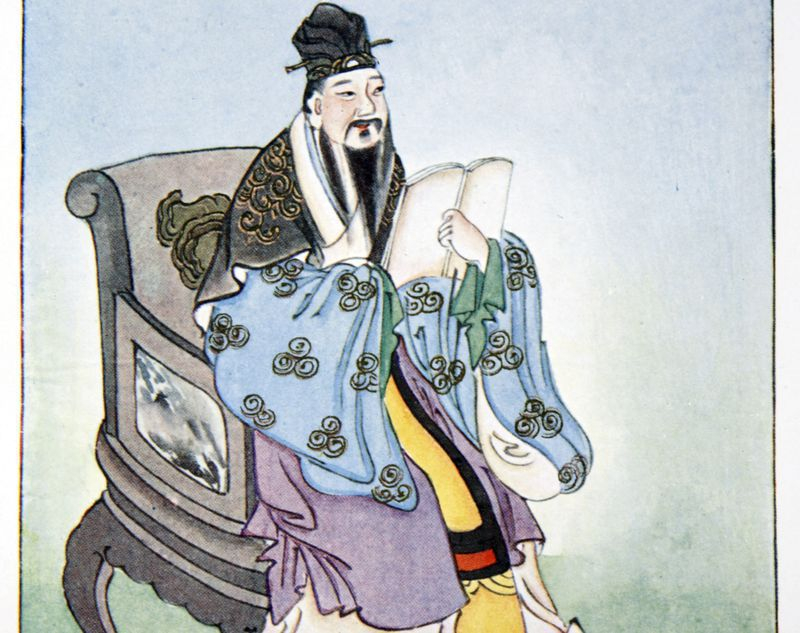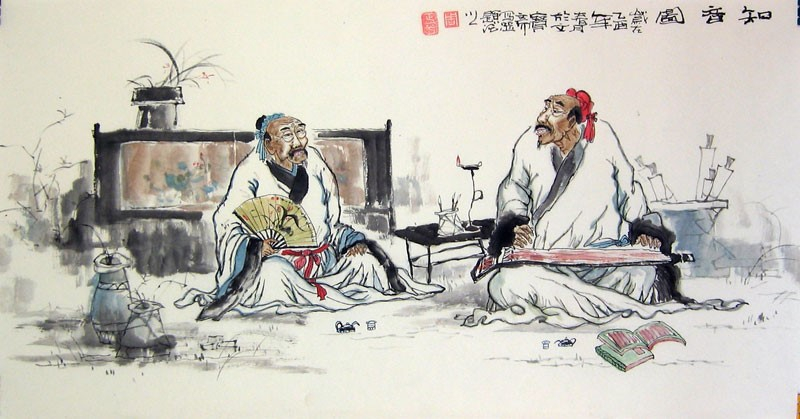Neo-Confucianism
Major contributions of Confucius are his teachings that inspired Neo-Confucianism, which influenced China for nearly six centuries. Neo-Confucianism is an updated version of Confucianism. It tried to bring about sensible changes to Confucianism such as the elimination of superstitions stemming from the mystical theories of Buddhism and Taoism. Neo-Confucianism logically and rationally promotes what appeals to its adherents. It started in the Tang dynasty but completely emerged as a newer version in the Song and Ming dynasties.
The revival of Confucianism in China was led by the great philosopher Zhu Xi. Zhu Xi has written a number of books and essays to provide a clear and rational view of Neo-Confucianism. His philosophies and ideas were similar to many of the world's previous great philosophers who were influenced by Confucianism. The books he wrote have influenced China for many years and have been included in the Chinese civil examinations for more than 10 decades. Four Books or Shishu, written by Zhu Xi explored China's belief system through the eyes of Confucianism. Great learning explores Chinese philosophical, governmental, and political investigations. The Chinese doctrine means teaching the right way to attain the golden virtues of Confucianism. Analects is a compilation of conversations between Confucius and his disciples. It includes many quotes from Confucius. Finally, there is Mencius - a collection of works by the Confucian philosopher Mencius that demonstrates his Confucian way of thinking.












